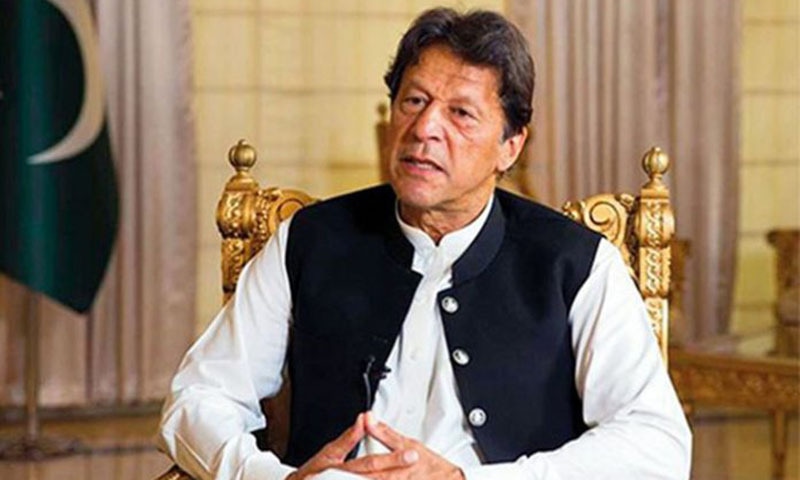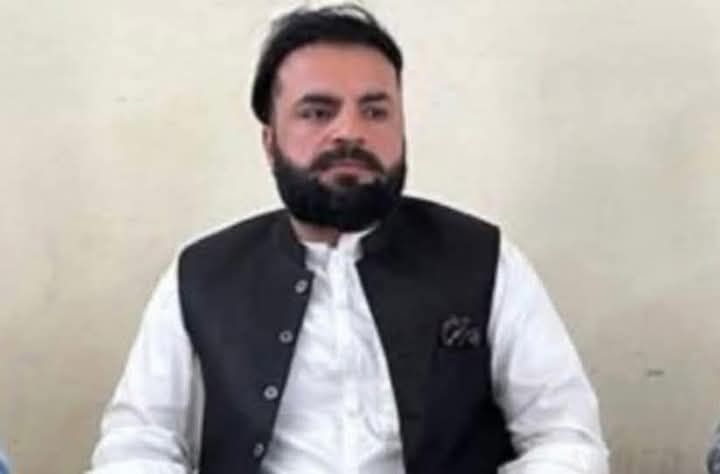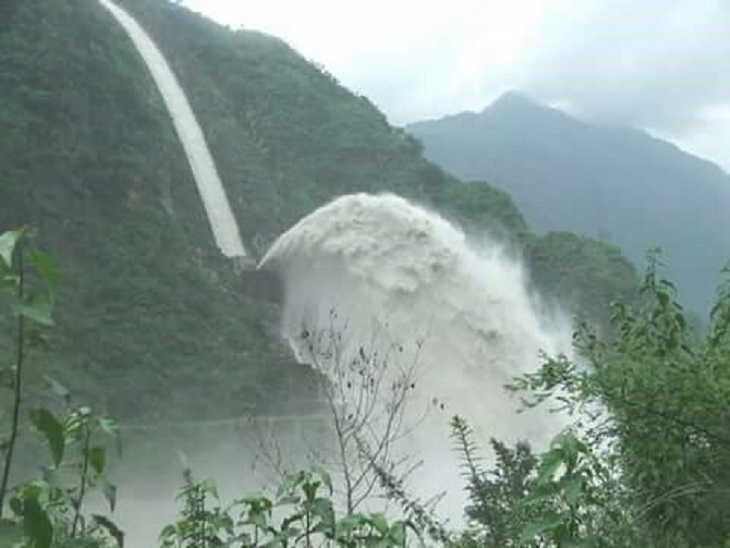PTI Declines to Attend Government Briefing on Pakistan-India Tensions

In a significant political move, Pakistan Tehreek-e-Insaf (PTI) has announced that it will not participate in the government’s upcoming briefing on the ongoing tensions between Pakistan and India. The decision underscores the widening rift between the ruling coalition and the country’s largest opposition party, raising concerns about national unity at a time when strategic consensus is crucial.
The federal government had invited parliamentary parties to a closed-door briefing to discuss the current regional security situation, particularly the escalation of hostilities between Pakistan and India. These tensions, while not new, have intensified in recent weeks, prompting concerns of potential military or diplomatic fallout.
PTI, however, has opted to stay away from the briefing, citing a lack of trust in the current government’s intentions and transparency. Party leaders have expressed frustration over what they describe as the government’s failure to take the opposition into confidence on key national security matters in the past. They argue that attending a government-arranged session now would only serve to legitimize what they see as a flawed and exclusionary approach to governance.
Political analysts are divided on PTI’s stance. Some believe the party is right to protest the lack of democratic engagement by the ruling leadership. Others argue that national security should transcend political differences, and that PTI’s absence from the briefing sends the wrong message both domestically and internationally.
This development comes at a time when Pakistan’s internal stability is already being tested by economic challenges, judicial controversies, and political polarization. In such a climate, any breakdown in political dialogue can further erode institutional coherence.
While PTI’s boycott reflects deep-rooted political grievances, it also raises the question of how national unity can be achieved in times of crisis if key stakeholders refuse to even sit at the same table. As tensions with India continue to evolve, the need for a united political front has never been more pressing.




